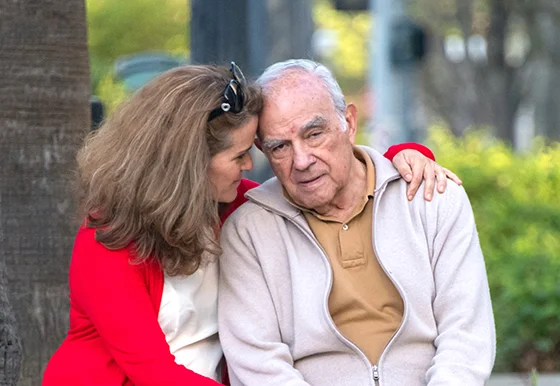Grief Support

Grief is hard work. The days following a significant loss are often a confusing jumble of ups and downs. Know that there is no single “right” way to grieve, or provide grief support. Everyone grieves in his or her own way, even children. Well-meaning friends, co-workers and family members may offer words of encouragement, or even suggest a different approach based on their own experience or something they’ve read.
That’s OK, but what works for one person may not be helpful at all for another. You may feel deeply affected spiritually, while someone else experiences physical challenges. You may get frustrated by frequent forgetfulness like losing your phone or locking yourself out of the house. A good friend may simply withdraw for a time while grieving. You may cry easily or not at all. The course of mourning is impossible to predict, but there are things you can do for yourself, and for a child, that might help.
It’s OK to Share Pleasant Memories
One thing you may notice is that people are sometimes hesitant to talk about the deceased, believing it will create a burden of sadness. Many times, however, the opposite is true, especially with pleasant memories. Charles Dannel experienced the loss of his dad at a young age and it still makes him feel good when people talk with him about his father. “The other day somebody told me he enjoyed singing with my dad in the Austin College Choir,” said Charles. “I was deeply touched that this person would share that with me and remind me that my dad’s life mattered in so many ways.”

Helpful Links for Coping with Grief
Below you will find links to helpful resources for grief support that will provide reassurance and things you can do to take care of yourself through the healing process. Of course, don’t hesitate to get help from your clergy or a professional counselor as needed.